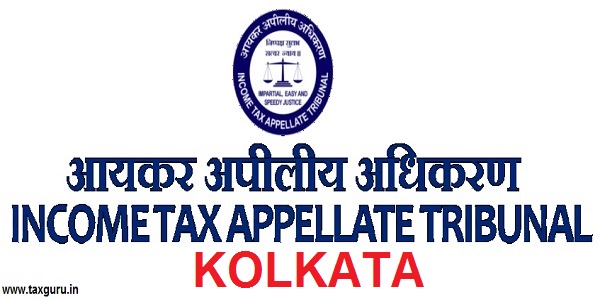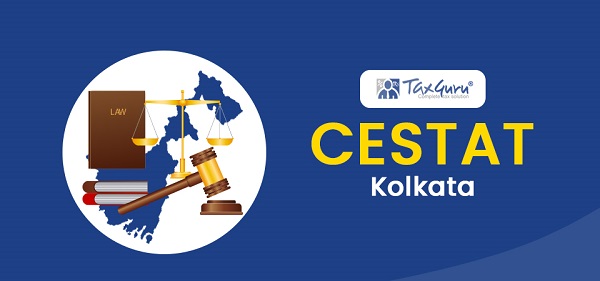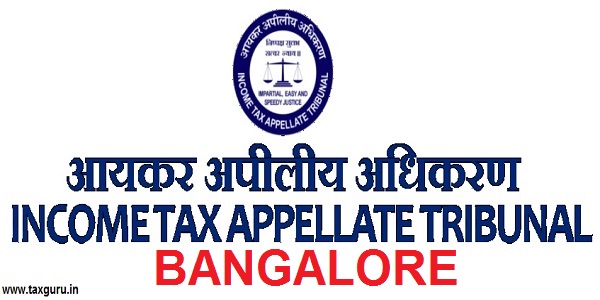Case Law Details
Amar Singh Vs Sanjeev Kumar (Punjab And Haryana High Court)
In this case High Court has issued directions for the use of modern communication methods in serving notices and summons. The court recommends email, fax, and commonly used instant messaging services like WhatsApp, Telegram, and Signal. Parties and their advocates are required to provide contact information, and notices may be issued through these channels. In cases where service is evaded, obsolete methods like munadi (beat of drum) may be replaced by publication in a newspaper. The High Court also suggests that scanned copies or photocopies of the record be sent to the Appellate/Revisional Court instead of requisitioning the original record
FULL TEXT OF THE JUDGMENT/ORDER OF PUNJAB AND HARYANA HIGH COURT
The petitioner alleges non-compliance of the order dated 01.10.2021 passed in CWP No.17361 of 2021, wherein considering the fact that the partition application is pending for the last 19 years, a direction was issued to dispose of the same within a period of six months.
Brief facts of the case are that the petitioner had filed a petition for partition on 06.01.2023, which is pending before the Assistant Collector IInd Grade, Naraingarh, regarding the land situated in Village Boryan, District Ambala.
As per the compliance affidavit filed by the Assistant Collector IInd Grade, Shahzadpur, District Ambala, it is stated that the parties to the original partition proceedings have been filing appeals1revisions with the Appellate Court1Revisional Court and the record in usual course was summoned and remain pending with the Appellate1Revisional Court till the same is decided and on that account in the intervening period, the record weas not available in the office of Assistant Collector IInd Grade, Shahzadpur, District Ambala. It is further stated that the record is received back from the Appellate Court in December, 2022 and since February, 2023, further proceedings have started.
Another reason given for delay is that despite issuing repeated notices to the parties, the summons could not be served and on account of non-effecting of summons to the parties, the proceedings remain pending for a long time.
It is worth noticing that facing similar difficulty, the High Court has issued Instructions from time to time that the photocopy of the original record be summoned so that the proceedings before the Lower Court continues.
The relevant extract1directions of the order dated 21.12.2022, passed by this Court, reads as under:-
“B” The judicial Branches may be asked to sent the LCRs lying in this Court expeditiously, preferably within a period of two months through registered parcel to the subordinate Courts from where they were requsitioned. However, the judicial Branches shall get scanned the LCRs at High Court itself which are required by the Hon’ble Courts within next three months. Separate register continuing details of the LCRs sent to the subordinate Courts ahll be maintained by the Despatch Branch. As and when the LCR is received by the concerned subordinate Court, an intimation in this regard shall be sent to the Despatch Branch, which shall make an entry in this regard also in the register. After completion of the process, the register shall be got scanned and a copy thereof may be kept on the DMS.
“C” The District and Session Judges in the States of Punjab, Haryana and U. T., Chandigarh may be asked to get scanned the LCRs which are returned unscanned by this Court immediately and send scanned copies thereof within one month of the receipt thereof.
“D” The judicial Branches may be asked to callfor only soft scanned copies of the fresh LCRs and make hard copies thereof in the High Court itself, only if so desired by the Hon’ble Bench.”
Again similar Instructions have been issued by this Court on 10.04.2023, which reads as under:-
1. After the requirement of LCR raised by Hon’ble Court, concerned dealing of judicial branch will request through email for the soft copy of LCR in pdf format to the concerned District Court.
2. Concerned District Court will send the LCR in pdf format duly digitally scanned to the concerned branch ofthis court through email.
3. Concerned dealing of the case in High Court will download the LCR received through email.
4. Concerned dealing of the case in High Court will upload the LCR on 1SHiCo Server using LCR uploading Module. 1t is pertinent to mention here that one LCR uploading Module will be required to be developed by N1C-PHHC on the same pattern of “Upload Paperbook(HL)” module already available in Screen-shot is attached at Flag ‘A-i’
5. After uploading of the LCR using CSV 1mport utility, it will be uploaded on the DMS on the same pattern (interim and final orders) as being uploaded by technical team ofASD Lab. This work will be looked after by Mr. Sanjay Kumar and Mr. Gaurav Kumar deputed at ASD Lab. Screen shot is attached at Flag ‘B-i’.
It is a matter of common knowledge that a person, who is in possession of the land and want to avoid the finalization of partition proceedings under the Punjab Land Revenue Act or Eviction proceedings either under the Punjab Village Common Land Act, Punjab Tenancy Act or any similar Act where the original jurisdiction lie with the Assistant Collector 1st Grade and Assistant Collector lind Grade and further appeal is provided before the Collector1Commisioner1Financial Commissioner, the proceedings remained in abeyance just to await the original record before the Court of original jurisdiction.
Another mode adopted for delaying the proceedings is non-effecting of the summons on the aprties.
Though in various Acts, as a matter of practice, munadi (with the help of beat of drum) is a substituted mode of service, however, in the present scenario, the same has become obselete.
The Hon’ble Supreme Court in “Krishna Veni Nagam vs Harish Nagam’, 2017(2) RCR (Civil) 358, has held that the service to a litigant can be effected through e-mail1phone number.
Similar view is taken by the Hon’ble Supreme Court in “In Re Cognizance For Extension of Limitation, 2020(9) SCC 468, wherein it has been stated that service of all notices, summons and exchange of pleadings, may be effected by e-mail, FAX, commonly used instant messaging services, such as WhatsApp, Telegram, Signal, etc.
Therefore, it is the need of the hour that in order to avoid any undue disposal of the proceedings pending before the Revenue Courts wherein the intention of a party in possession is to delay the proceedings by adopting one or the other tactic, it is necessary to issue the following directions to both the Chief Secretaries for the States of Punjab and Haryana, as well as the Adminstrator, U.T., Chandigarh, to the following effect to issue necessary guidelines to all the Revenue Courts, defined under all the local Acts:-
1. The service of notices, summons and exchange of pleadings may be effected by e-mail, FAX and commonly used instant messaging services like WhatsApp, Telegram, Signal, etc.
2. While accepting the pleadings, all the Revenue Courts will insist upon the parties, as well as their Advocates representing them to provide their e-mail address, Phone number with WhatsApp including similar information for the respondents, so far available with the litigant.
3. 1nfuture, all the notices to the Lawyers may be issued on e-mail or commonly used instant messaging services.
4. Where the party is avoiding the service, the procedure of munadi be done away being an obsolete procedure in the wake of advancement of technology and if the service of the summons is not effect on the very next date, by adopting the aforesaid methods additionally to the discretion of the Revenue Courts, publication be ordered in a newspaper.
5. So far as the filing the appeals/revisions under the Act is concerned, the original record may not be requisitioned by the Appellate/Revisional Court and only the scanned copy/photocopy of the record be sent to the Appellate/Revisional Court, so that the Court at first instance i.e. the Assistant Collector 1st Grade or the Assistant Collector 11nd Grade or the Collector, as the case may be, may continue with the proceedings unless there is a stay by the Appellate/Revisional Court.
The Registrar General of this Court is directed to communicate this order to both the Chief Secretaries for the States of Punjab and Haryana as well as the Administrator, U.T. Chandigarh, for necessary compliance to all the concerned and file a compliance affidavit in this regard, on the next date of hearing.
List again on 04.10.2023.
In the meantime, the Assistant Collector IInd Grade, Shahzadpur, District Ambala, is directed to conclude the partition proceedings without wasting any further time for effecting the service of summons on the unserved respondents and effect the service only by way of the modes, stated above.



























